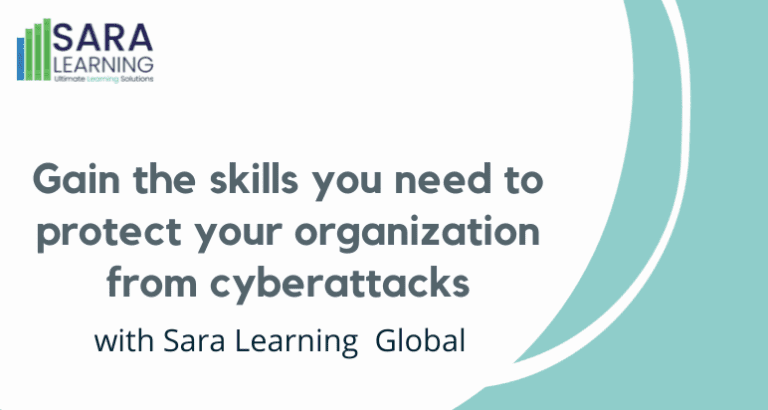
What is cybersecurity?
Cybersecurity is the practice of protecting systems, networks, and data from unauthorized access, use, disclosure, disruption, modification, or destruction. It is a broad field that encompasses a wide range of technologies, policies, and procedures.
Cybersecurity is important because our lives are increasingly dependent on technology. We use computers and the internet to work, shop, communicate, and access essential services.
What are some types of cyber-attacks?
- Malware attacks: Malware is malicious software that can damage or disable computer systems. Examples of malware include viruses, worms, trojans, and ransomware.
- Phishing attacks: Phishing attacks attempt to trick users into revealing sensitive information, such as passwords or credit card numbers. Phishing emails often look like they are from legitimate organizations, such as banks or credit card companies.
- Denial-of-service attacks: Denial-of-service attacks overwhelm a system with traffic, making it unavailable to legitimate users.
- Man-in-the-middle attacks: Man-in-the-middle attacks intercept communications between two parties and impersonate one of them.
Cybersecurity professionals use a variety of tools and techniques to protect systems and networks from attack. Some common cybersecurity measures include:
- Firewalls: Firewalls filter incoming and outgoing traffic to prevent unauthorized access to systems and networks.
- Intrusion detection systems: Intrusion detection systems monitor network traffic for suspicious activity.
- Encryption: Encryption scrambles data so that it cannot be read by unauthorized users.
- Security awareness training: Security awareness training teaches users how to identify and avoid phishing attacks and other common cyber threats.
Why is cybersecurity important?
Cybersecurity is important for individuals, businesses, and governments alike.
- Individuals: Cybercriminals can steal personal information, such as credit card numbers and Social Security numbers, which can be used to commit identity theft and other crimes. Cybercriminals can also install malware on computers to spy on users or steal their personal files.
- Businesses: Cyberattacks can cause significant financial losses for businesses. For example, a ransomware attack can encrypt a company’s data and demand a ransom payment to decrypt it. Cyberattacks can also damage a company’s reputation and lead to lost customers.
- Governments: Governments rely on technology to deliver essential services, such as healthcare, education, and transportation. Cyberattacks on government systems can disrupt these services and have a negative impact on public safety.
How can you protect yourself from cyber attacks?
There are a number of things that individuals and businesses can do to protect themselves from cyber attacks:
- Use strong passwords and enable two-factor authentication on all accounts.
- Be careful about what emails you open and what links you click on.
- Keep your software up to date.
- Use a firewall and antivirus software.
- Be aware of the latest cyber threats and best practices.
Advantages of cybersecurity
- Protects sensitive data: Cybersecurity measures can help to protect sensitive data, such as personal information, financial information, and intellectual property, from unauthorized access, use, disclosure, disruption, modification, or destruction.
- Reduces financial losses: Cyberattacks can cause significant financial losses for businesses and individuals. Cybersecurity measures can help to reduce these losses by preventing data breaches and other attacks.
- Improves business continuity: Cyberattacks can disrupt business operations and lead to lost revenue. Cybersecurity measures can help to improve business continuity by protecting systems and networks from attack.
Disadvantages of cybersecurity
- Cost: Cybersecurity measures can be expensive to implement and maintain.
- Complexity: Cybersecurity can be complex and difficult to manage.
- Human error: Human error is a major cause of security breaches.
- New threats: Cybercriminals are constantly developing new attack methods, which can make it difficult to stay ahead of the curve.
Overall, the advantages of cybersecurity outweigh the disadvantages. Cybersecurity is essential for protecting sensitive data, reducing financial losses, improving business continuity, protecting reputation, and gaining a competitive advantage.
At Sara Learning Global, we are committed to providing innovative and effective cybersecurity based learning solutions for educational institutions. We understand the importance of creating engaging and immersive learning experiences for students, which is why we employ experts who specialize in using context and storytelling to make learning more enjoyable and memorable. Our team of experienced instructional designers, multimedia specialists, and technology experts work closely with our clients to create customized cybersecurity based learning solutions that meet their unique needs and objectives. We also offer ongoing support and training to ensure that our clients are getting the most out of their AI based learning solutions. Contact us today to learn more about how Sara Learning Global can help your school with its e-learning needs.

